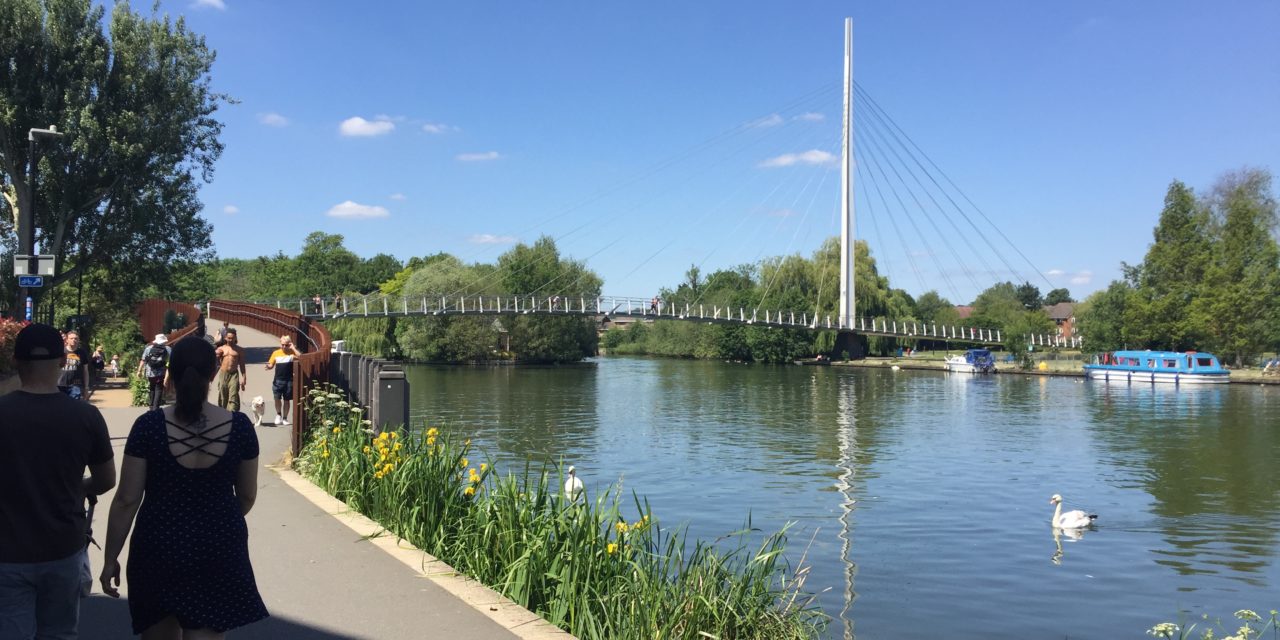Two schemes planned for Reading illustrate the lack of land for development.
The proposed two and three-storey River Academy in Richfield Avenue is to be squeezed into the gap between Rivermead Leisure Centre, currently being rebuilt, and the Reading Festival site.
The former landfill site includes a sports field which, on the face of it, looks a reasonable size. But when you look at the multiple sports it will have to host, it’s actually far from satisfactory.
A running track would have to be squeezed in diagonally across football and cricket pitches, which obviously can’t all be used at the same time.
Meanwhile in Henley Road, Knowles Construction plans the third in a series of developments along the south side, all of which involve the demolition of 1930s detached and semi-detached homes with long gardens, in favour of blocks of flats, whether they be open market, retirement homes or the care home currently being built by Signature.
The intensification of the use of land needn’t be a bad thing. In Henley Road it could mean more customers for the local shops and more people using the bus services.
But the cramming of ever more development into places never meant for that kind of scheme has other effects. Traffic, parking and noise problems will increase on Henley Road while the Richfield Avenue site has long had traffic problems and is a few hundred yards from Caversham Bridge, probably the town’s most notorious bottleneck.
And it shows how little land there is for development. Towns like Reading are bursting at the seams trying to help accommodate the country’s growing population while the Government seeks to protect the Green Belt.
The warehouses needed for deliveries we all now rely on can’t find land and so, as is planned to happen at the Brunel Retail Park in Rose Kiln Lane, shops are making way for the sheds needed for storage and distribution.
Protecting the Green Belt, some of it not terribly worthy, means developers will be looking at every scrap of land available and there are few Brownfield sites left. So wouldn’t vastly increasing the numbers of Garden Towns ease pressure of development?
There’s much more that needs tackling politically but new settlements are surely preferable to distorting existing ones. New towns can start with a clean sheet of paper and have all the mod cons needed.
There would doubtless be some objections, but is that not a better alternative to schemes which are on people’s doorsteps and change the character of their immediate environment?
© Thames Tap (powered by ukpropertyforums.com).
Sign up to receive your free weekly Thames Tap journal here.












